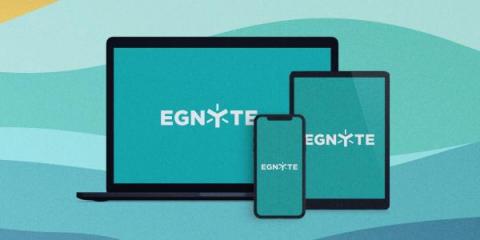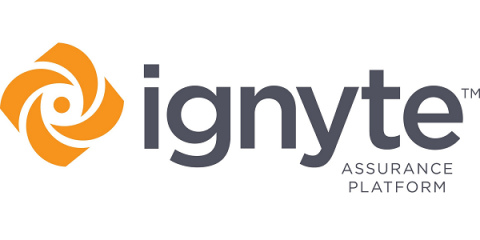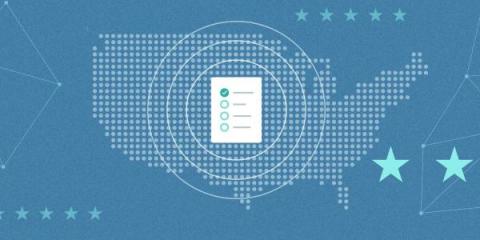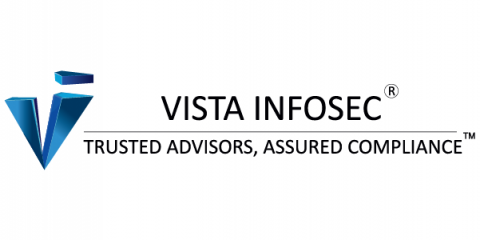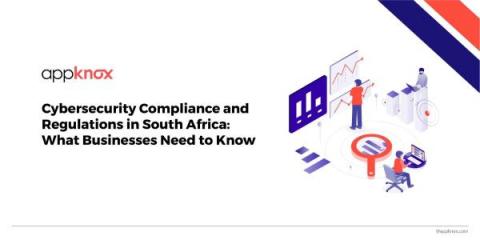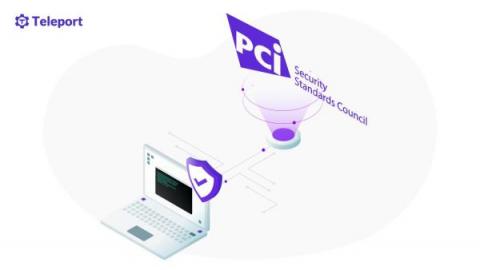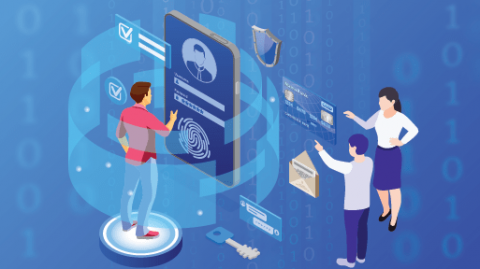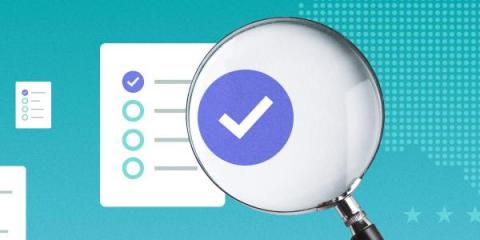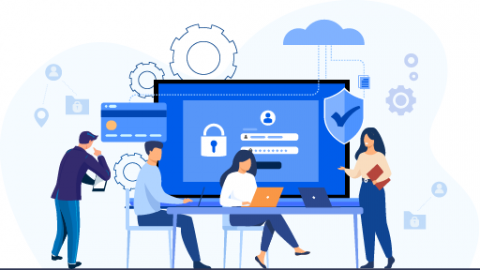May Product Rollup: UI Redesign, Compliance Controls, and More
This month, Egnyte is excited to introduce the start of a redesign to its UI, productivity improvements around shortcuts and the API, new offerings for Advanced Privacy & Compliance and CMMC, continued improvements in governance, and a whole host of new features around course management in the Quality Document Management module for Life Sciences.


